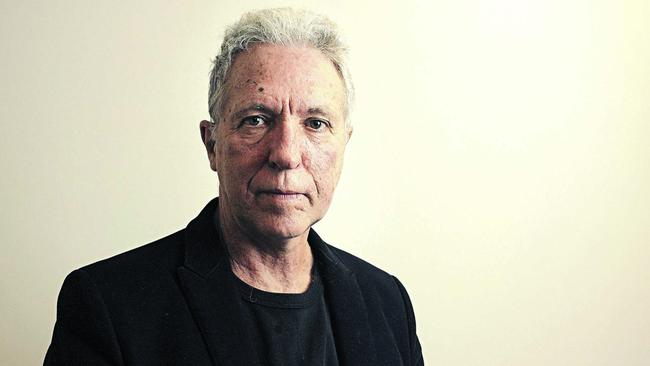
Spending all of Sydney’s latest Covid lockdown largely free on the NSW mid-north coast, I headed up to Coffs Harbour a fortnight ago to visit friends and spent a morning at The Bunker, the town’s brilliant National Cartoon Gallery. The main upstairs exhibition was a selection of the best work of the late Bill Leak, this newspaper’s editorial cartoonist who died on March 10, 2017.
Some of Leak’s other work occasionally appears at the Manly Gallery, on Sydney’s northern beaches. It’s instructive to watch people on the so-called “insular Peninsular” — a million miles from Sydney spiritually, but only seven miles by ferry — lap up Bill’s creativity, draughtsmanship, love of life and larrikin disrespect for authority. Just as they did in Coffs.
The WA audience fits that mould: 6PR’s Liam Bartlett devoted 19 minutes to a September 28 interview with Fred Pawle, author of Die Laughing: The Biography of Bill Leak.
Unfortunately, the national broadcaster has not to date seen fit to talk about Bill’s biography, published by the Institute of Public Affairs, even though Leak had many friends at the ABC — indeed, four of them are quoted in Die Laughing and have been given review copies of the book. It’s the sort of cancel culture our ABC is falling into as social media activists exert ever more pressure on an organisation they think they own.
Yet in mainstream Australia — surely the ABC’s target audience — the concept of cancel culture is largely unknown. People still give their children Harry Potter books, celebrate Australia Day, know Captain Cook was a great explorer and may even know he was a man of the Enlightenment.
Unlike many of the youthful campaigning class beloved by the ABC and Guardian Australia, most mainstream Australians don’t confuse Cook with Governor Phillip and the First Fleet. Nor do they pull statues down, hate their fathers, sons and husbands or know what toxic masculinity even means. They know there are good guys and bad guys. Ditto with women.
It’s also fair to say most mainstream Australians are not racists, even though a few may be. How can I be sure? Try the 1967 referendum for starters.
But the ABC and much of the modern moral media middle class sees our country in black and white terms. They believe they are on the high moral ground. They have become “punishers” and “straighteners”, the criticism historian Manning Clark used to make of the conservative establishment.
In this brave new world, political virtue sits with the Greens and Labor’s left. People who vote for their own economic self-interest — especially Coalition parties — are derided on social media as intellectually and morally inferior. Never mind the working class once voted ALP because it was the party that advocated policies to benefit workers.
People who know nothing of the facts proclaim former NSW premier Gladys Berejiklian a sinner and Victorian Premier Dan Andrews a saint. They assert Gladys let Covid destroy NSW while Dan shut early to save his state. Never mind Victoria’s outbreak, its sixth, has grown faster than in NSW and has already reached a higher peak.
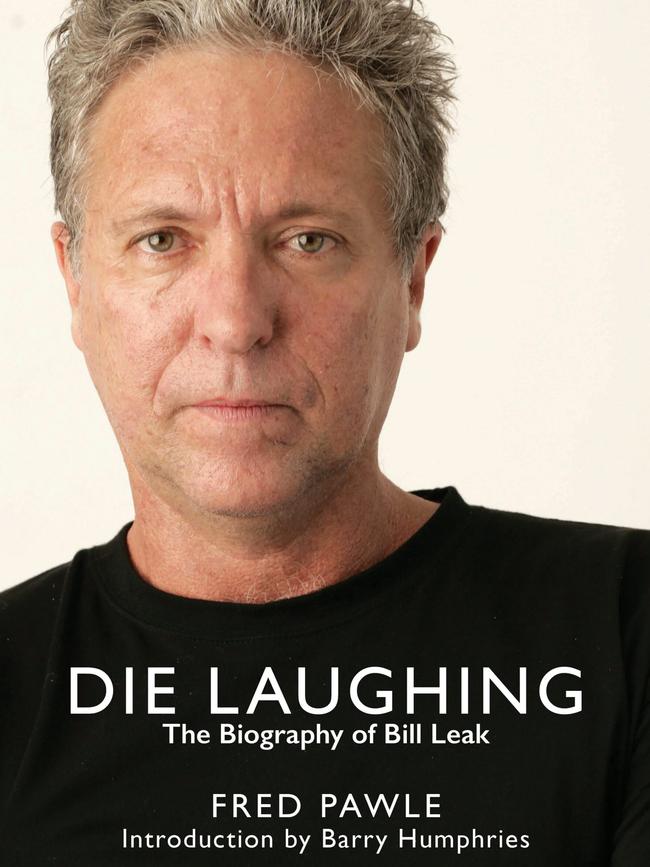
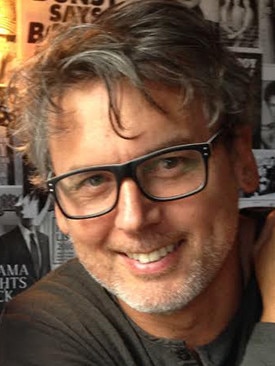
They bag new NSW Premier Dominic Perrottet as dangerous because he is a Catholic with six kids, but would never criticise a Muslim politician with a big family.
Die Laughing explains why in such a polarised media climate, Leak — a big-hearted supporter of the underdog — became a sinner to the left and saint to the right.
ABC 7.30 host Leigh Sales gets it right in the book. Leak was “probably the most vehemently anti-Howard person I’d ever met,” Sales tells Pawle, formerly a features journalist, surf writer and sub-editor on this newspaper.
“After Rudd took power … Bill shifted in the opposite direction. It’s entirely possible he could have gone back again … because he was an extreme personality. He was incapable of having middle ground positions. The nature of the far-left now, and cancel culture, is that if you say something that goes against what the left believes, it is not enough for them to disagree with you. You are disavowed and you are cancelled.”
Sales describes a close personal friendship with Leak. ABC personalities Richard Fidler and Libbi Gorr were also mates of his. Phillip Adams was another close friend and is quoted in the book about the flaws in the Racial Discrimination Act used to undermine Leak.
Yet Leak did not want to be a campaigner for the political right. He rang me on the Tuesday afternoon before he died. The next night Barry Humphries, as Sir Les Patterson, was to launch Leak’s book, Trigger Warning, a collection of political cartoons from the previous year.
Leak said to me: “I am sorry you are not coming tomorrow night, mate. Truth is I am so stressed by all this 18C stuff it’s making me unwell. I am an artist. I am cut out for political cartooning, not political campaigning.”
He died of a heart attack, less than three days later.
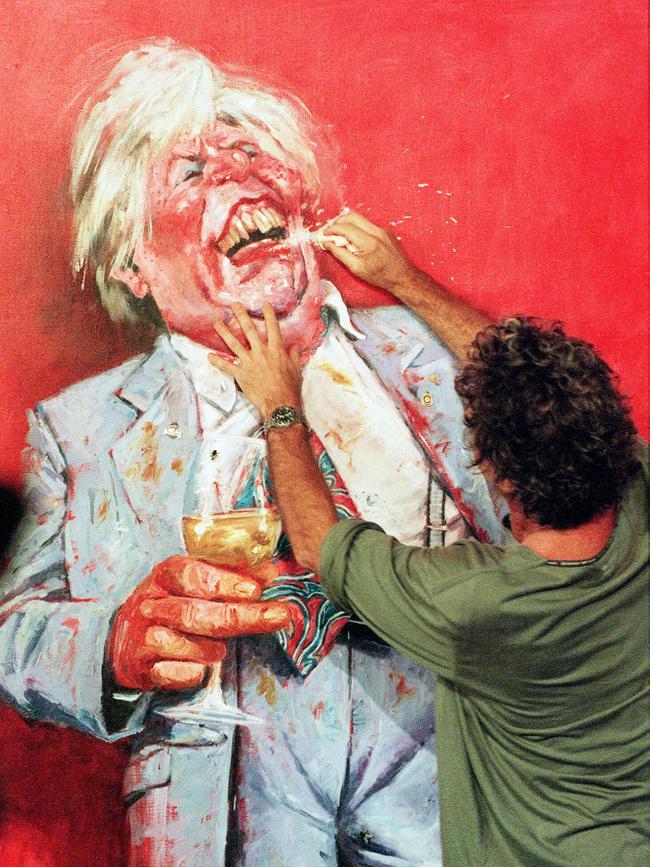
Once cartoonists were expected to take the mickey out of politicians and their ideas, no matter which side was in office. Now some ideas — about climate, racism, ethnicity, diversity, minority group religion, feminism, homosexuality and transgender rights — can never be satirised. Doing so was Leak’s crime.
Says Humphries in the introduction to Die Laughing: “The New Puritanism in Australia, which endorses unfunny comedians who merely ‘identify’ as funny, also condemns every form of creative art it does not understand.” He was referring specifically to the cartoon that brought Leak into the sights of the Human Rights Commission.
People who sought to punish Leak under section 18C of the Racial Discrimination Act for publishing a poignant cartoon about Aboriginal dads are on the side of the wowser, who according to Humphries “is a traditional Australian figure — humourless, ignorant, vindictive. He is still with us, disguised as a liberal-minded upholder of the politically correct”.
That cartoon — which showed an Aboriginal father not knowing the name of his son — followed issues of violence against young Aboriginals at the Don Dale Detention Centre in Darwin, exposed by Four Corners in 2016.
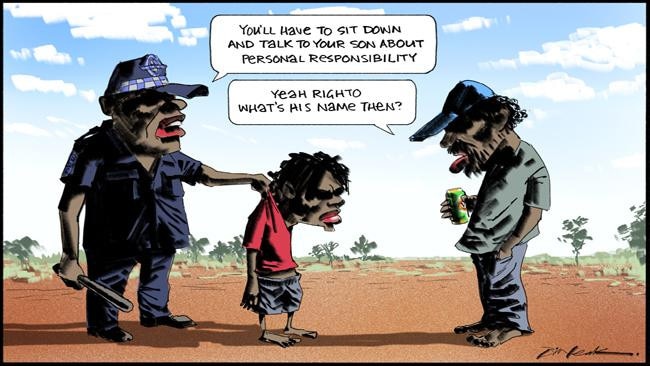
Leak was moved by the Don Dale story and many of his Aboriginal friends supported his cartoon. They know Aboriginal people have agency and are not victim caricatures. But in the modern media world, only whites can damage Aboriginal people.
If you don’t like your political commentary delivered by an overwrought, pursed-lipped, tut-tutting reporter with little real world experience, this book is for you. If you like journalists and cartoonists with a healthy disrespect for authority, prepared to challenge accepted pieties, even better. Because that’s who Leak was, and Fred Pawle nails it.
Visit dielaughing.org.au to order a copy of Die Laughing: The Biography of Bill Leak


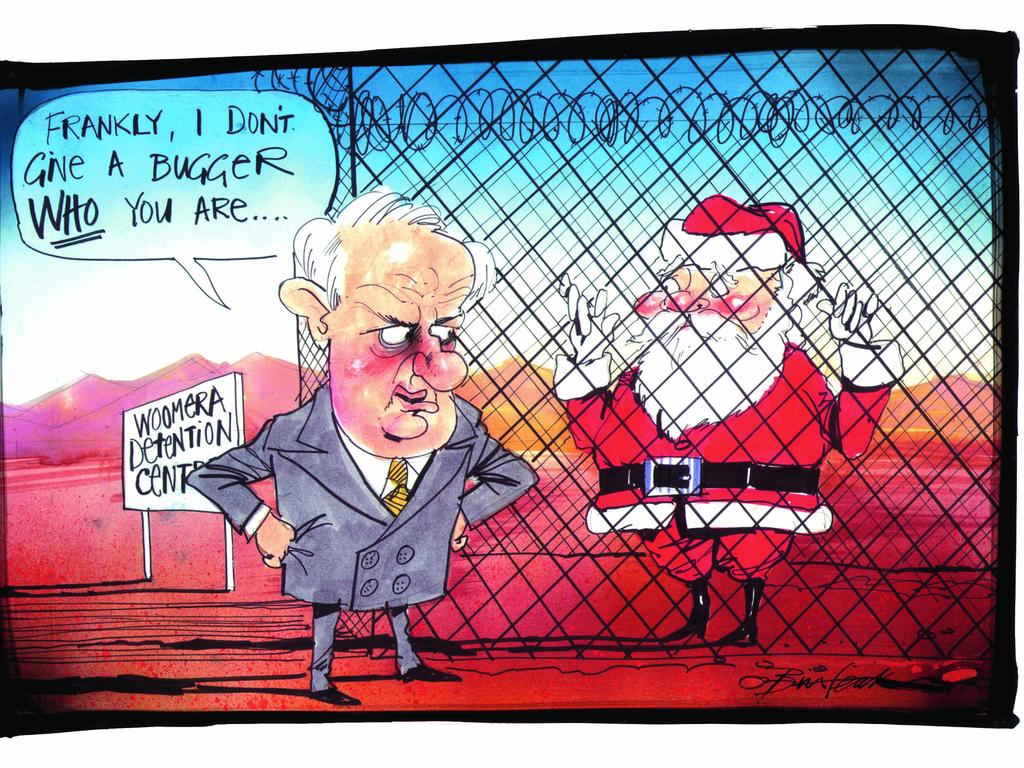
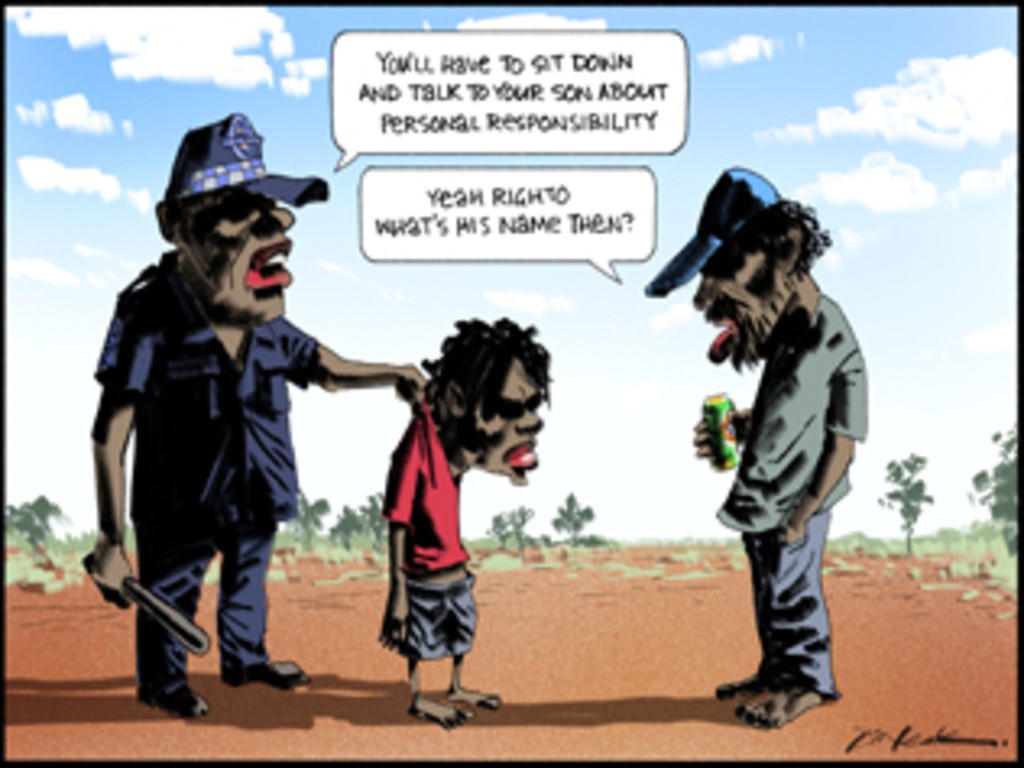
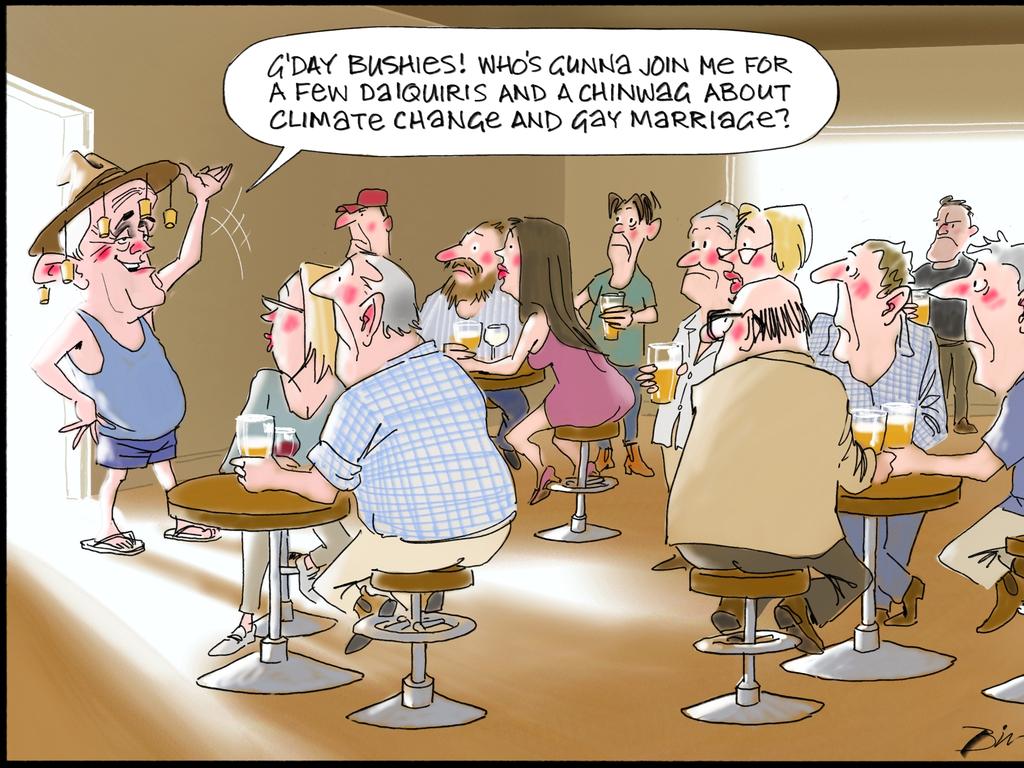
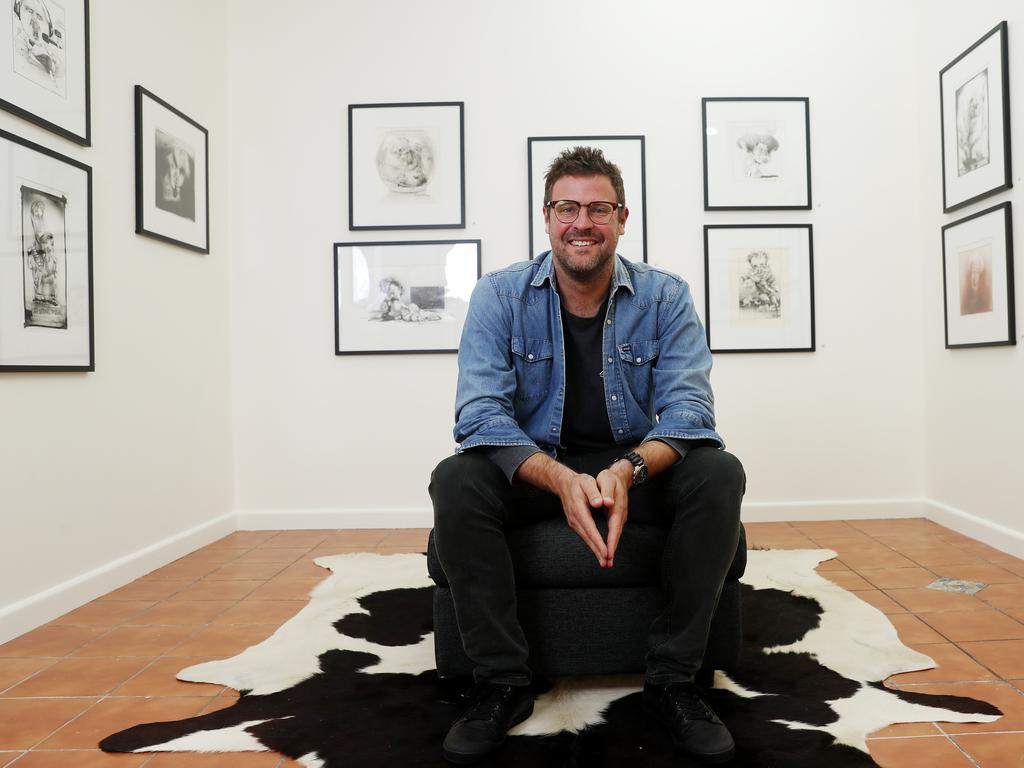


The inner suburbs of Sydney, Melbourne and Canberra are a world away from mainstream Australia. They are also where many journalists who work in the national media live.